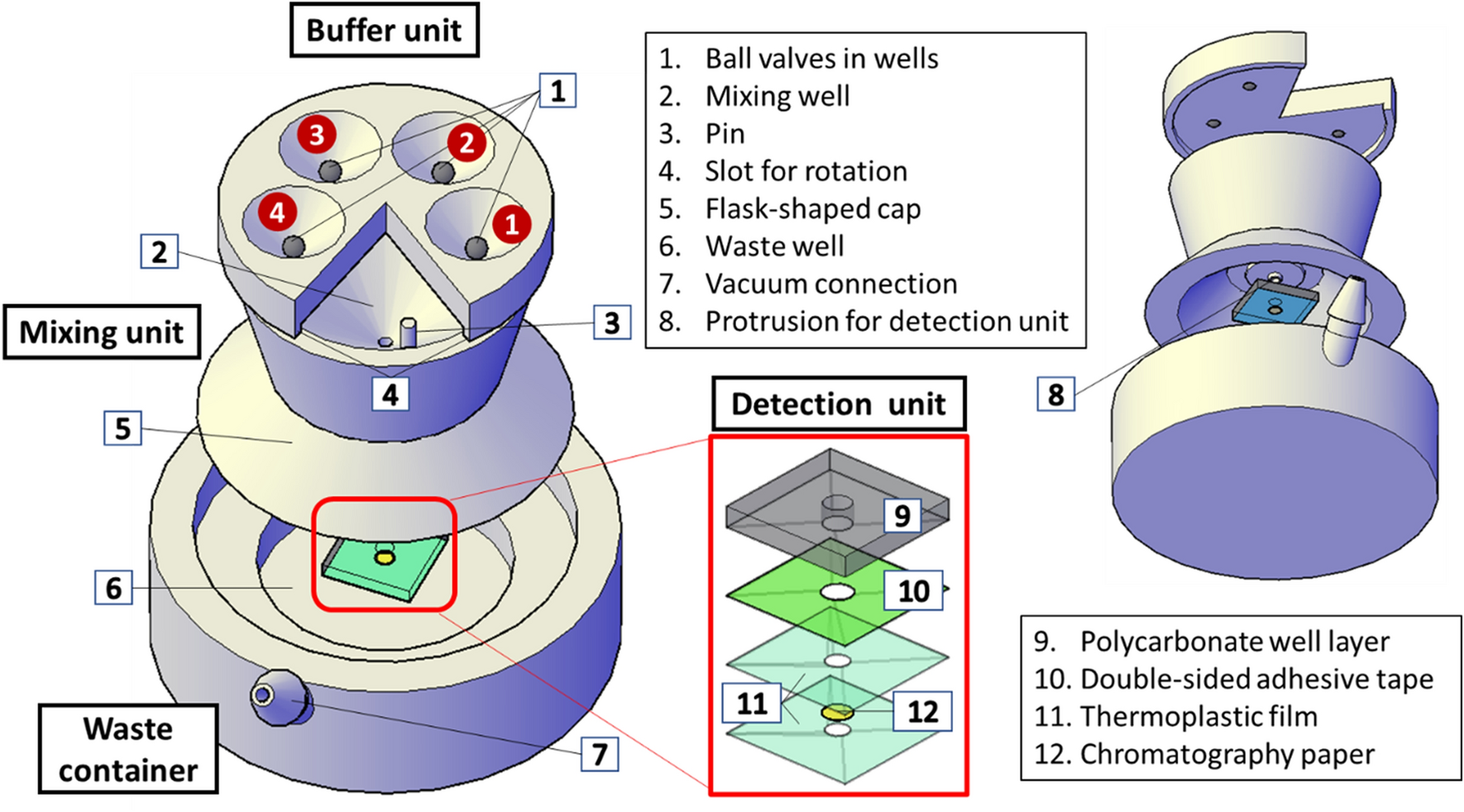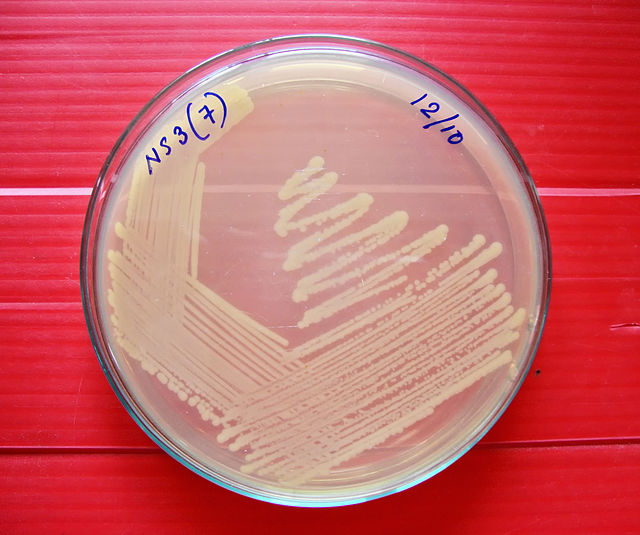The Single Strategy To Use For Bacteria Testing
Wiki Article
Some Known Questions About Bacteria Testing.
Table of ContentsHow Bacteria Testing can Save You Time, Stress, and Money.The Ultimate Guide To Bacteria TestingThe smart Trick of Bacteria Testing That Nobody is DiscussingBacteria Testing Things To Know Before You Get This
Coliforms are microorganisms that are constantly existing in the digestion systems of pets, consisting of humans, and are found in their wastes. They are additionally located in plant and soil material. Water contamination triggered by fecal contamination is a severe trouble due to the potential for contracting conditions from microorganisms (diseasecausing organisms).Consequently, it is not sensible to evaluate for virus in every water sample collected. Instead, the presence of pathogens is determined with indirect evidence by testing for a microorganism such as coliform germs. Coliforms originate from the same sources as pathogenic microorganisms. Coliforms are reasonably simple to recognize, are typically existing in larger numbers than even more hazardous virus, and respond to the environment, wastewater therapy, and water therapy likewise to several virus.
Overall coliform counts offer a general indicator of the sanitary condition of a water system. include germs that are discovered in the soil, in water that has been affected by surface area water, and in human or animal waste (Bacteria Testing). are the group of the complete coliforms that are considered to be present particularly in the intestine and feces of warm-blooded pets
is the significant types in the fecal coliform group. Of the 5 basic groups of bacteria that consist of the total coliforms, only E. coli is usually not found expanding and duplicating in the atmosphere. Subsequently, E. coli is taken into consideration to be the varieties of coliform germs that is the ideal sign of fecal contamination and the possible visibility of microorganisms.
3 Easy Facts About Bacteria Testing Described
Recent outbreaks of illness triggered by E. coli 0157: H7 have produced much public worry concerning this microorganism. E. coli 0157: H7 has actually been found in cattle, chickens, pigs, and sheep.

Late spring or early summer are the very best times to check your well, because coliform contamination is most likely to appear throughout wet climate. Whether your examination results declare or unfavorable, understand that the example you gathered is simply a "picture" of your well's water quality. The even more samples you have actually evaluated, the more certain you can be about the top quality of the water you are consuming.
Although total coliforms can originate from sources various other than feces, a favorable overall coliform sample ought to be considered an indicator of air pollution in your well. Favorable fecal coliform results, especially favorable E. Coli results, should be considered sign of fecal pollution in your well. When coliforms have been spotted, fixings or adjustments of the water supply might be called for.
10 Easy Facts About Bacteria Testing Explained
A defective well is often the cause when coliform bacteria are discovered in well water. - seals around wires, pipelines, and where the cap satisfies the case may be broken, go to this site allowing pollutants - fractures or openings in the well casing permit water that has not been filtered through the soil to get in the well.The U. S. Epa (EPA) calls for public water systems to Click This Link frequently check water for overall coliform germs and E. coli. Safe alcohol consumption water does not have E. coli or other microorganisms in it. Right here are some referrals on just how to avoid and attend to coliform microorganisms contamination: Protect Your Well by building it in a risk-free place.
You are accountable for maintaining your well water risk-free and testing it as required. You can additionally contact your county to see if they have any type of programs to make testing your water easier.
Evaluate your well water once more after sanitation to confirm there are no coliform bacteria. You can make use of the water once again, without boiling, when the well has been disinfected and the water no much longer tests positive for coliform bacteria.
Bacteria Testing - The Facts
Your public water system is regularly evaluated for coliform germs. The system will certainly release a public notice within 24 hours if it identifies E. coli.You can locate the coliform microorganisms examination results for the systems serving locations besides where you obey calling the water system.

Added examinations might be suggested if water appears cloudy or oily, if bacterial development is noticeable on components, or water therapy tools are not working as they should. Contact your water well contractor, state department of natural deposits, or local health division for details on neighborhood water top quality concernsCheck your water at least 2 times a year. Call a public health assessor to see what's best for your water system. Coliforms are a team of germs that are practically everywhere. They remain in soil, plants, sewage, and manure. E. coli are germs that individuals and some animals have in their intestinal tracts.
Report this wiki page